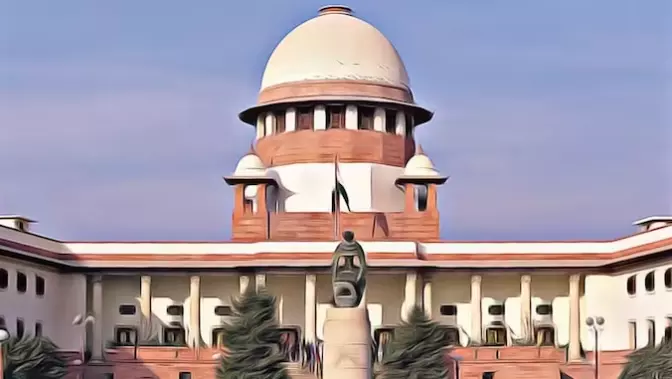DC Edit | SC scrutiny of money bill route for laws is welcome

Chief Justice of India D.Y. Chandrachud’s announcement in the Supreme Court on Monday about the formation of a Constitution Bench to hear petitions challenging the validity of passage of laws as money bills comes as refreshing news in the backdrop of the present government’s penchant for doing the same.
Article 109 of the Constitution states that a money bill shall not be introduced in the Rajya Sabha and that such bills after their passage in the Lok Sabha shall be transmitted to the Rajya Sabha for its recommendations and that the Lok Sabha may “thereupon either accept or reject all or any of the recommendations”. The framers of the Constitution had vested the regulatory powers over the executive on matters related to the Consolidated Fund of India with the Lok Sabha, directly elected by the people, so that a government, which may not have a majority in the Rajya Sabha should be able to go ahead with the business of governance. At the same time, all other bills were to get the approval of the Rajya Sabha, in a system of checks and balances.
Article 110 of the Constitution has descriptively explained what makes a bill a money bill, and the bottomline is that it is primarily concerned with utilisation of money from the Consolidated Fund of India and taxation, and the power to certify a bill to be one is vested with the Speaker of the Lok Sabha. It is evident that the framers of the Constitution had put in place the necessary mechanisms to prevent the misuse of this route to get funds disbursed.
However, the NDA government has got several bills with very large implications on the people’s lives notified as money bills as it doubted the prospects of their passage in the Rajya Sabha. The most important one was the Aadhaar Act, 2016, which makes it mandatory for citizens to quote their unique identification number in transactions with the government and other agencies, even though this has nothing to do with the Consolidated Fund of India. The government’s plea was that some of these transactions involved government subsidy. It was not impossible for the government to bring in comprehensive legislation on Aadhaar with provisions for the security of the data and use of the same. Instead of doing so, the government took the easier route.
This was also the case with the amendment to the Prevention of Money Laundering Act, 2002. It was introduced after the Supreme Court struck down Section 45 of the Act which made bail nearly impossible for the accused. In the new avatar, the law gives unbridled powers to the Enforcement Directorate to arrest, conduct raids and seize documents. The Finance Act, 2017, contained amendments that altered appointments to 19 judicial tribunals and it was also passed as a money bill.
It is imperative that the Supreme Court explain the constitutional scheme behind the idea of a money bill, its legislative intent and the do’s and don’ts surrounding its application. The practice of a government disguising some bills as money bills is a fraud on the Constitution, as the CJI had observed in one of his judgments. This must end. Parliamentary oversight on the executive’s actions has been built into the Constitution for a reason.

